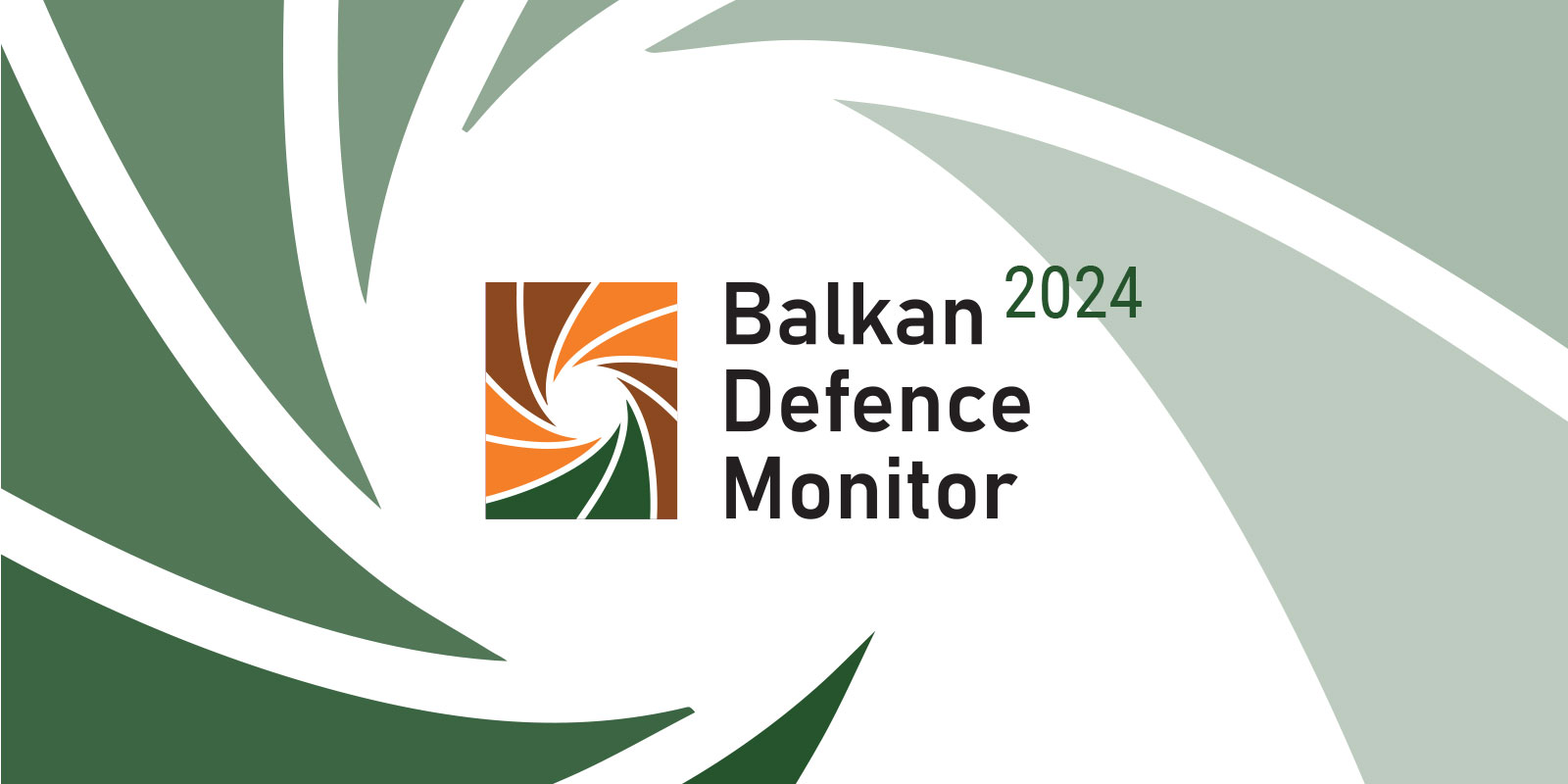PUBLICATION: Working study
Testing the Integrity of Police Officers
Integrity testing has been the subject of public discussion in Serbia since 2012. The Law on Police, which introduced three preventive anti-corruption measures, including the integrity test, was enacted four years later.
Integrity tests are most often carried out to identify police officers who are prone to corrupt practices, to initiate disciplinary proceedings, to gather evidence for the prosecutor’s office, and to identify police officers that are trustworthy, incorruptible, and deserving of a promotion.
The objective is to reduce corruption in the police.
There have not been sufficient or sufficiently expert public discussions about the testing of the integrity of employees in the Ministry of Interior (MoI). For this reason, neither the public nor the police officers are sufficiently clear as to what really is going on and what the positive and negative characteristics of integrity testing are. It is not known what the citizens may expect to gain from this testing, or under which circumstances these anti-corruption measures could be abused. The answers to these issues have been provided in the study.
The study comprises three sections.
At the beginning there is an explanation of the concept of the integrity test, why it is conducted, what its existing forms are, and finally, which preconditions must be met in order to prevent human rights violations and the abuse of the testing in practice.
Based on a legal analysis, the main part of the study examines the possibilities and limitations of testing the integrity of police officers in Serbia.
The conclusion of the study shows the legal frameworks used for the application of the integrity test in various police forces in the world.
The study was based on the analysis of the content of legal acts, strategic documents, academic and media articles, as well as reports of various bodies in charge of overseeing the work of the police.
This publication was produced per request and for the needs of the Ombudsman within the framework of the project “Strengthening the Capacities of the Ombudsman, supported by the British Embassy to the Republic of Serbia. The views and opinions presented in this publication are those of the authors and do not necessarily represent the views of the Ombudsman or the British Embassy in Belgrade. With the approval of the Ombudsman, this publication was translated and printed by the BCSP with the EU support within the framework of the project Western Balkans Pulse for Police Integrity and Trust. The views and opinions presented in this publication do not represent the views of the European Union.
Tags: ..., corruption, discussion, enacted, including, integrity, introduced, later, measures, officers, police, preventive, public, serbia, study, subject, testing, three, years
DETAILS
AUTHORS
SHARE
PDF PREVIEW
RELATED

Date: 26.03.2025.
Author: Isidora Stakić |
Human rights defenders are people who act, individually or jointly, to advance human rights and fundamental freedoms and fight for their protection at the local, national and international levels.

Date: 13.06.2024.
Author: Jelena Pejić Nikić | Predrag Petrović |
There are many findings of domestic and foreign research organisations that unequivocally indicate that Serbia is a captured state, with a hybrid political regime. Security institutions play a major role in the capture of the state and the collapse of democracy in Serbia, as well as in preserving the situation the way it is.

Date: 27.02.2024.
Author: Belgrade Centre for Security Policy |
We present you the new Balkan Defence Monitor - independent and comprehensive source of information regarding defence topics in the region.



